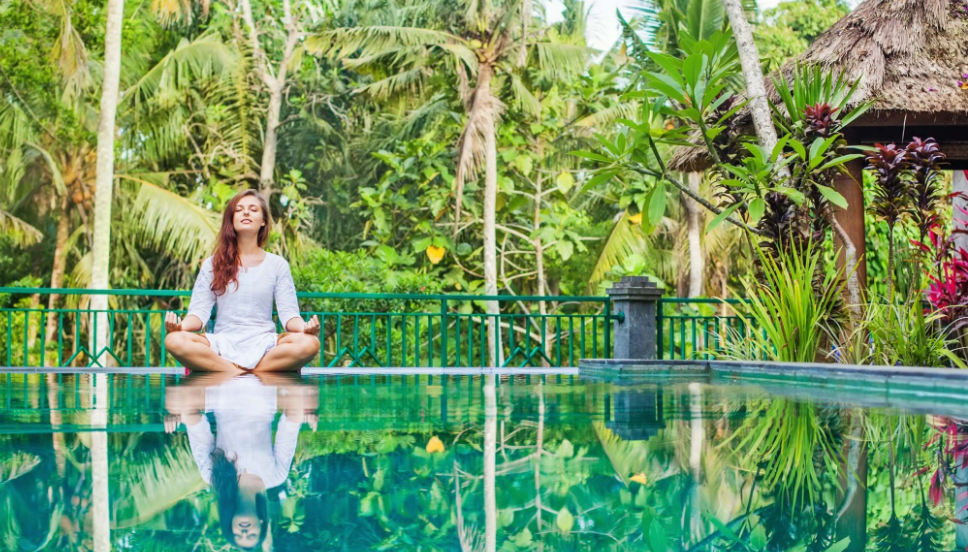In recent years, there has been a significant shift towards incorporating spiritual practices in wellness retreats, responding to a growing demand for holistic health solutions that balance the mind, body, and spirit. These retreats offer an escape from the hustle and bustle of daily life, providing a sanctuary where individuals can focus on personal growth, healing, and reflection. This blog explores the vital role that spirituality plays in these retreats, enhancing the wellness journey for attendees.
Creating a serene environment
The atmosphere of a wellness retreat is pivotal in its success and impact. The environment needs to promote peace and calm, encouraging participants to leave their daily stresses behind and immerse themselves in the healing process. Natural settings are often chosen for these retreats—quiet woodlands, peaceful beaches, or serene hilltops—places where nature itself aids in the healing process. Within these settings, elements like water features, zen gardens, and quiet meditation nooks play a significant role. Additionally, spiritual symbols are strategically placed to enhance the sense of tranquillity and spiritual engagement. Buddha figures, in particular, are commonly used as they symbolise peace, balance, and enlightenment.
Integrating spiritual practices
The core of these wellness retreats often revolves around various spiritual practices that help reduce stress, enhance emotional well-being, and foster an overall sense of balance. Yoga and meditation are staples, providing both physical and mental benefits. Practices like Tai Chi, guided imagery, and mindful walking are also incorporated to help attendees connect with their inner selves and the surrounding nature. The inclusion of these practices demonstrates the retreat’s commitment to addressing wellness from a holistic viewpoint, acknowledging that true health encompasses both the mind and the body.
Workshops and sessions
Wellness retreats frequently offer workshops that focus on spiritual and personal development. These might include sessions on mindfulness, the art of forgiveness, and the path to self-discovery. Each workshop is designed to support attendees in their personal growth journeys, providing them with tools to manage stress, build healthier relationships, and maintain a peaceful mind. Expert speakers and spiritual guides often lead these sessions, drawing on their experiences and knowledge to inspire and educate the participants.
Community and shared experiences
One of the most powerful aspects of wellness retreats is the sense of community they foster. Being around like-minded individuals who are also on journeys of personal growth can be incredibly supportive. Group activities and shared meals offer chances to connect, share experiences, and learn from each other, further enriching the retreat experience. This community aspect ensures that the benefits of the retreat extend beyond the individual, promoting a network of support that can continue to serve as a source of strength long after the retreat ends.
Finding the right retreat
For those interested in exploring such spiritual retreats, it’s important to choose a place that aligns with your personal needs and spiritual inclinations. Websites like originalbuddhas.com not only offer insights into the spiritual significance of Buddha figures but also provide resources for finding retreats where such symbols enhance the spiritual atmosphere. Whether you are seeking a place for deep meditation or a serene environment to practice yoga, selecting a retreat that integrates spiritual elements can significantly enhance your wellness journey.
Wellness retreats that incorporate spirituality offer a comprehensive approach to health and well-being. By fostering an environment of peace, providing access to spiritual practices, and encouraging community connections, these retreats offer a profound opportunity for personal development and healing, supported by the serene presence of spiritual symbols like Buddha figures.

